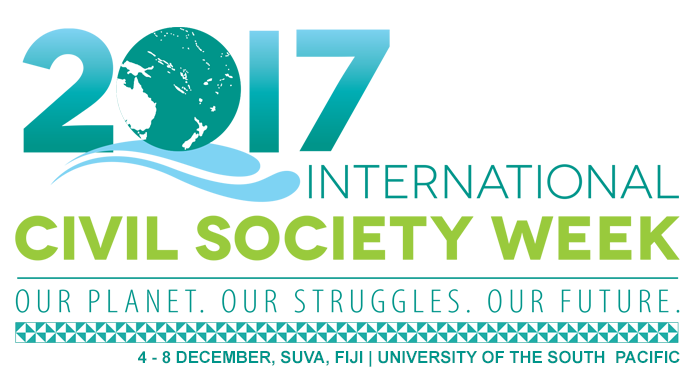With more and more people being forced from their homes due to the impacts of climate change, civil society from more than 100 countries have called for action on climate-induced displacement.
Civil society leaders came together as part of International Civil Society Week in Suva, Fiji from 4-8 December to urge that climate change be recognised in the UN’s Global Compact for Migration. The summit was convened by CIVICUS and the Pacific Islands Association of non-Governmental Organisations (PIANGO) and attended by over 700 civil society leaders and activists.
A declaration was signed at the summit calling on the international community to uphold the human rights of those forced to move as a result of the impacts of climate change. This is an important step towards a climate justice approach in relation to global migration.
Climate displacement is a growing issued faced by millions of people and its impacts can be felt at the international, regional, national and sub-national level. Despite this, climate displacement has, to date, been dealt with in an ad hoc manner in international and domestic fora.
The impacts of climate change can lead to displacement that does not fit within current international law or norms. The 1951 Refugee Convention recognises that people fleeing persecution, war and conflict have the right to protection, but not those displaced by climate change. At present, the rights of climate displaced people are not always protected. It is vital that the protection of climate displaced people is assured starting with a prioritisation of this issue by international bodies.
The declaration calls for the global compact for migration to recognise climate change as a driver of displacement. In 2016, world leaders started the drafting of a new Global Compact on safe, orderly and regular migration to be finalised by September 2018.
Related Links
MRFCJ position paper ‘Protecting the Rights of Climate Displaced People’


